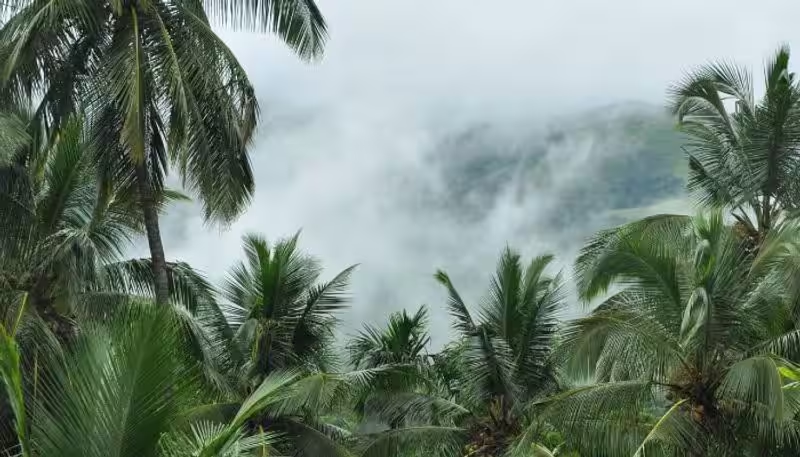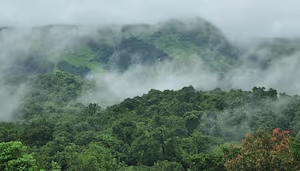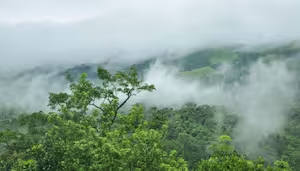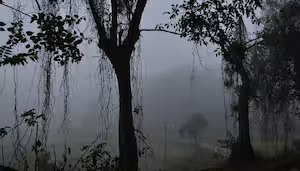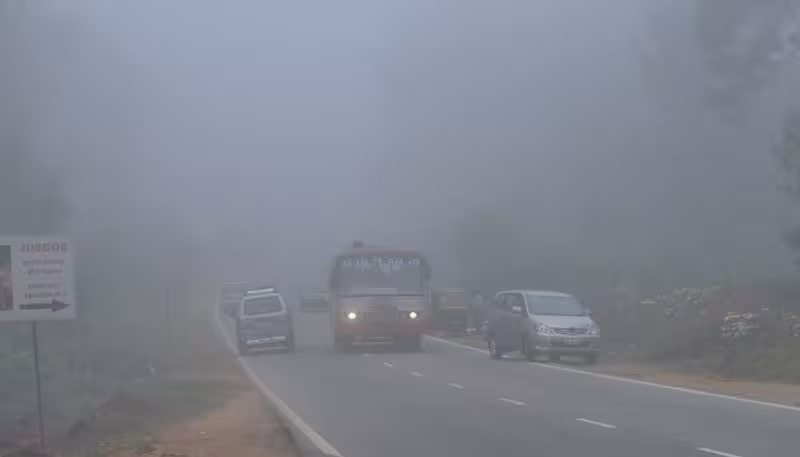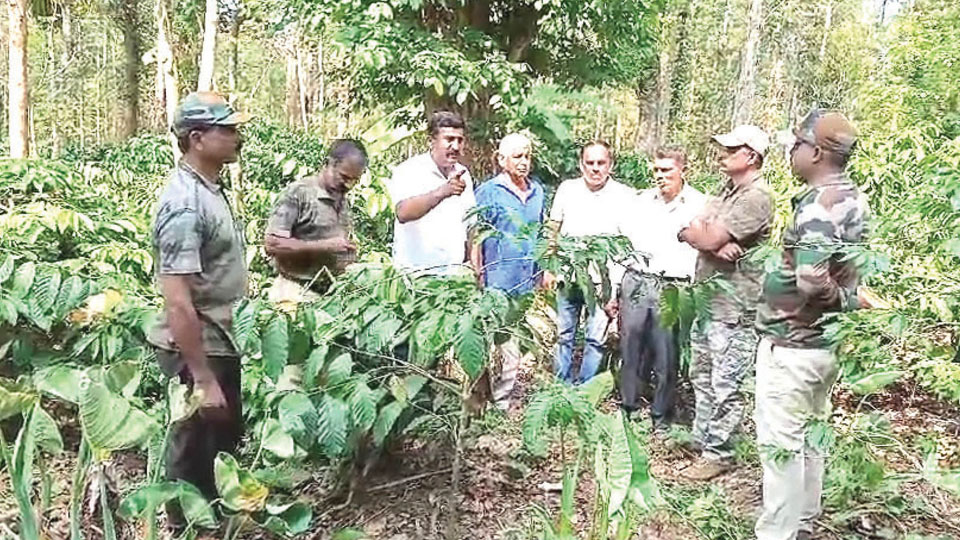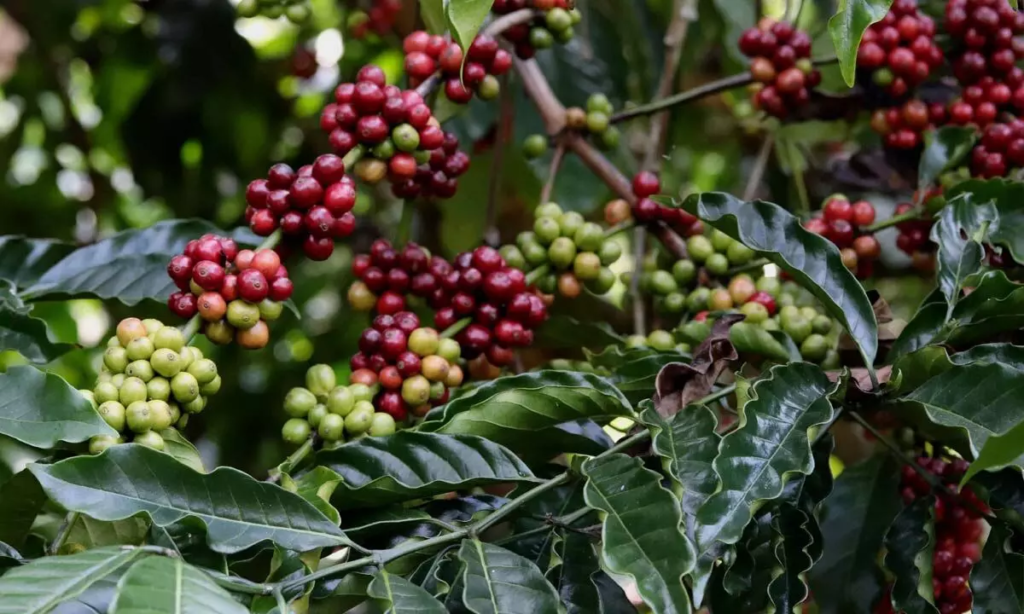The Indian Green Building Council (IGBC) recognised the resort, acknowledging the resort’s net zero energy, net zero water, and zero waste to landfill.
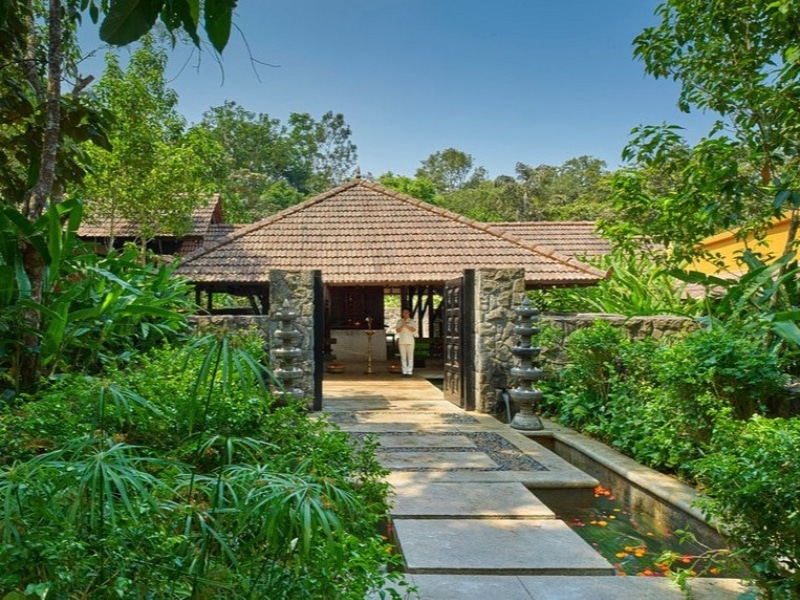
Club Mahindra Madikeri was recognised as India’s first triple net-zero-rated resort by the esteemed Indian Green Building Council. The triple net zero acknowledges net zero energy, net zero water, and zero waste to landfill. The rating sets a benchmark on par with international standards, thus making Club Mahindra Madikeri achieve a significant milestone in sustainable hospitality.
More about net zero certifications:
- Net zero energy: This indicates the resort generates as much energy as it consumes. The resort makes optimum utilisation of solar energy and energy-efficient infrastructure, reducing its carbon footprint.
- Net zero water: This is a remarkable achievement in water management. It promotes water conservation and security. Club Mahindra’s water conservation initiatives demonstrate its commitment to sustainable practices. Measures include rainwater harvesting, efficient irrigation systems, and water-saving fixtures.
- Zero waste to landfill: TÜV SÜD certified the resort for net zero waste in FY23. Comprehensive waste management practices, including segregation at source, composting, recycling, and other measures, help Club Mahindra achieve this.
The resort nestled in the picturesque region of Coorg, Karnataka, is a beacon of luxury, comfort, and responsible tourism, thus contributing to preserving the planet. The resort blends seamlessly with its lush surroundings, supporting local plants and animals, covering a vast area of 126464.26 square metres, with buildings occupying just 22257.7 square metres. By incorporating dense vegetation, insulated roofs, and using local materials, the resort has reduced the surrounding temperature by approximately 3°C. The resort adopts several other energy-saving initiatives, such as motion sensor-controlled washrooms, regulated geysers, timer-controlled external lights, heat pumps, and BLDC fans, which have resulted in an impressive energy performance index of 74.4 kW per m² per year, surpassing the Bureau of Energy Efficiency’s benchmark of 313 kW per m² per year. Moreover, over 70% of the water is recycled and reused for operational purposes at the resort, further emphasising the resort’s commitment to sustainability.
Additionally, under the Mahindra Hariyali project, thousands of trees have been planted, enriching the region’s natural habitat and attracting diverse bird species. This initiative fosters a thriving ecosystem, enhancing the visitor experience with its biodiversity.
Julian Ayers, Chief Resort Officer of Mahindra Holidays and Resorts India Limited, said, “At Mahindra, we recognise the crucial importance of advocacy and partnerships in driving the swift shift towards a sustainable future. Our journey towards a greener future began in 2008. Since then, we’ve embraced a ‘Planet Positive’ approach to sustainability. We’re committed to making our operations eco-friendly, helping industries reduce their carbon footprint, and revitalising nature. Our unwavering commitment to habitat protection and biodiversity at Madikeri has earned us recognition and honour from the IGBC, reflecting our steadfast dedication. We embrace a global responsibility to safeguard diverse ecosystems and achieve carbon neutrality by 2040. As part of Mahindra Holidays’ sustainability journey, we’re committed to innovating and inspiring change within our operations and beyond.”
Mahindra Holidays is India’s first hospitality company to join the global campaign RE100 and EP100. To achieve its zero-energy goal, Club Mahindra implemented an 804-kW solar rooftop photovoltaic plant and solar carports in parking areas. In water conservation efforts, over 70% of water is recycled and reused, with natural streams diverted to a 380 kL capacity pond and 14 rainwater harvesting pits constructed within the resort premises. For zero waste, the resort utilises a bio-digester to convert food waste into biogas, reducing waste, and LPG costs.
With these remarkable achievements, Club Mahindra continues its steadfast journey towards sustainability and biodiversity conservation. By doing so, it provides its members with unparalleled access to some of the most breathtaking and exotic destinations both in India and across the globe.
source: http://www.hotelierindia.com / Hotelier India / Home> Operations / by Staff Writer – Hotelier India / June 07th, 2024

